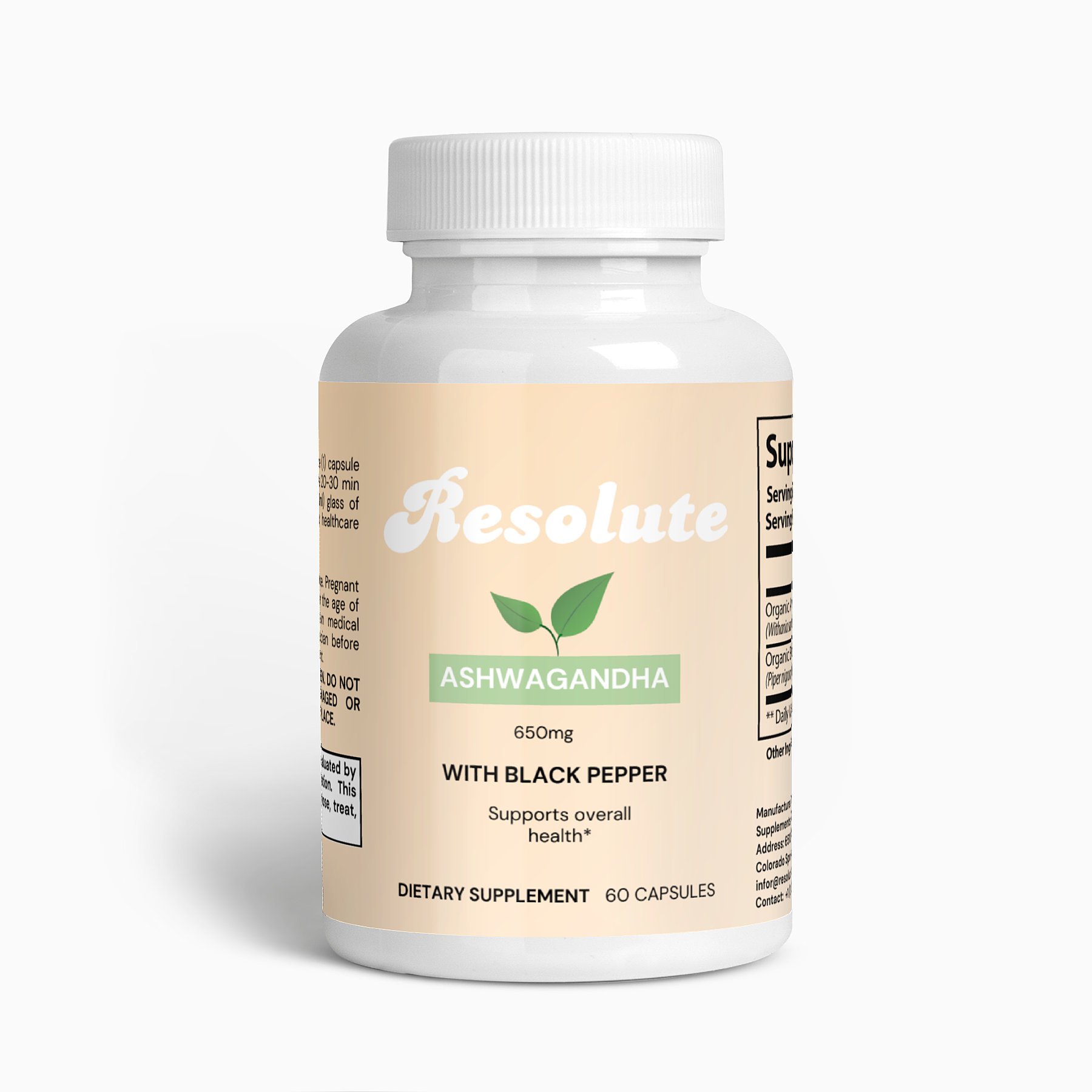Supplements That Actually Support Fat Loss (Backed by Science)
How many times have you started a “fat-burning” supplement, hoping to find one that actually works, only to be disappointed?
We’ve all been there! The truth is, there is no magic pill when it comes to fat loss. But there is science. Fat loss isn’t about shortcuts or extremes; it’s about supporting your body’s natural systems so it can function at its best. And the right supplements can help you do that, by improving energy, metabolism, and focus in a way that’s sustainable.
If you are serious about results, here are the supplements that actually make a difference, according to research.
1. Caffeine — The Classic Metabolic Booster
Caffeine is one of the most studied performance enhancers in the world — and for good reason. It temporarily boosts metabolism, increases alertness, and can improve workout performance by helping you push harder for longer.
Science says: Studies show caffeine can increase metabolic rate by 3–11% and enhance fat oxidation (how your body uses fat for energy).
Sources:
Astrup, A. et al. (1990). The effect of caffeine on resting metabolic rate and thermogenesis. The American Journal of Clinical Nutrition. Link
Dulloo, A. et al. (1999). Green tea and thermogenesis: interactions between catechin-polyphenols, caffeine and sympathetic activity. International Journal of Obesity.
2. Green Tea Extract (EGCG)
Green tea contains epigallocatechin gallate (EGCG), a compound known to enhance fat oxidation, especially during exercise. Combined with caffeine, it has a synergistic effect on metabolism and endurance.
Science says: Research shows green tea extract can significantly increase calorie burning and fat oxidation during both rest and exercise.
Pro tip: Choose standardized extracts that specify EGCG content for consistent, effective results.
Sources:
Hursel, R. et al. (2009). The effects of green tea on weight loss and weight maintenance: a meta-analysis.International Journal of Obesity.
Venables, M.C. et al. (2008). Green tea extract ingestion enhances fat oxidation during exercise in healthy men.The American Journal of Clinical Nutrition.
3. L-Carnitine — Fat Transport Support
L-carnitine helps transport fatty acids into the mitochondria (your body’s “energy factories”) where they can be burned for fuel.
Science says: Supplementation may improve exercise recovery, endurance, and fat metabolism, particularly in those under high physical stress or low in carnitine.
Pro tip: Combine L-carnitine with resistance training or cardio for best results.
Sources:
Pooyandjoo, M. et al. (2016). The effect of (L-)carnitine on weight loss in adults: a systematic review and meta-analysis of randomized controlled trials. Obesity Reviews.
4. Adaptogens — Stress and Cortisol Regulation
Chronic stress can elevate cortisol, a hormone that encourages fat storage (especially around the midsection). Adaptogens like ashwagandha, rhodiola, and ginseng help your body adapt to stress and support balanced hormone levels.
Science says: Studies show that ashwagandha may reduce cortisol levels by up to 30%, improving mood, energy, and body composition.
Pro tip: Adaptogens don’t just support fat loss, they improve overall energy and recovery, helping you stay consistent with your training.
Sources:
Chandrasekhar, K. et al. (2012). A prospective, randomized double-blind, placebo-controlled study of safety and efficacy of a high-concentration full-spectrum extract of Ashwagandha root in reducing stress and anxiety. Indian Journal of Psychological Medicine.
5. Probiotics: Gut Health for Better Metabolism
Your gut health impacts everything from digestion to hormone regulation to metabolism. Certain probiotic strains (like Lactobacillus gasseri and Bifidobacterium breve) have been linked to improved weight management and reduced visceral fat.
Science says: A healthy gut microbiome can regulate appetite, reduce inflammation, and improve nutrient absorption, all key for sustainable fat loss.
Pro tip: Look for multi-strain probiotics combined with prebiotics to support gut diversity.
Sources:
Kadooka, Y. et al. (2010). Effect of Lactobacillus gasseri on abdominal adiposity in adults: a randomized controlled trial. British Journal of Nutrition.
Minami, J. et al. (2015). Effects of Bifidobacterium breve B-3 on body fat reductions in pre-obese adults. Bioscience of Microbiota, Food and Health.
6. Protein + Fiber: The Satiety Power Duo
Not technically “fat burners,” but protein and fiber are two of the most effective tools for appetite control and metabolic health. They keep you fuller longer and support lean muscle maintenance during a calorie deficit.
Science says: High-protein diets increase thermogenesis (calories burned during digestion) and help preserve muscle during fat loss.
Pro tip: Aim for 20–30g of protein per meal and include fiber-rich foods to stabilize blood sugar and reduce cravings.
Sources:
Westerterp-Plantenga, M.S. et al. (2009). Dietary protein, metabolism, and body-weight regulation: dose–response effects. International Journal of Obesity.
Slavin, J.L. (2005). Dietary fiber and body weight. Nutrition.
The Takeaway
Real fat loss happens when you combine evidence-based supplements with consistent habits such as smart nutrition, resistance training, quality sleep, and stress management.
At Resolute, we believe in fueling your body, not fighting it. Our formulations are built to support energy, focus, metabolism, and balance, without the crash or quick fixes. Because lasting results come from working with your body’s biology, not against it.





